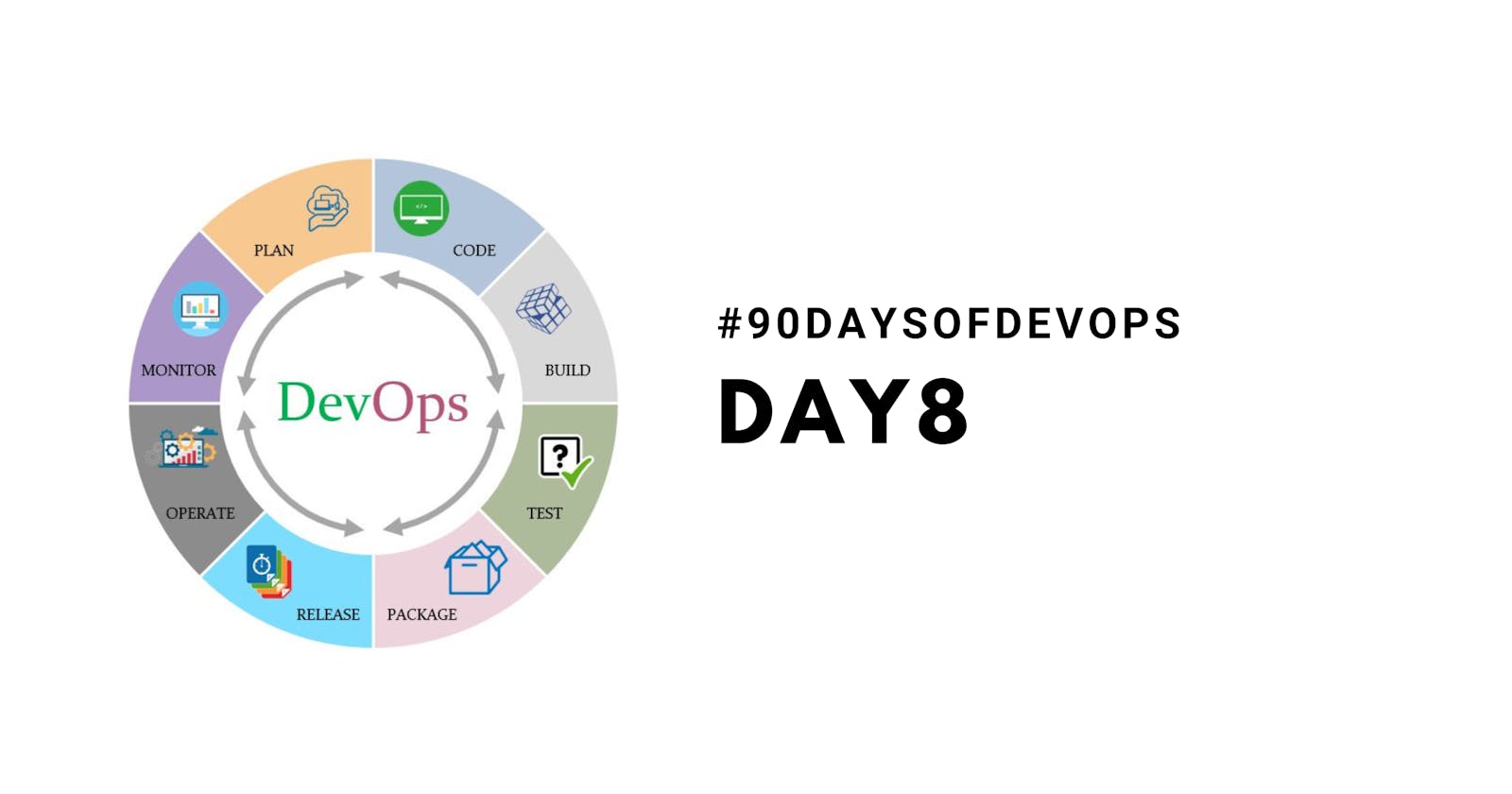Table of contents
What are Git and GitHub?
Git is a distributed version control system (DVCS) that tracks changes in source code during software development. GitHub is a cloud-based hosting service for Git repositories.
Git
Git is a distributed version control system (DVCS) that tracks changes in source code during software development. This means that each developer has a complete copy of the project's history on their local machine. This makes it easy to work on different branches of the code simultaneously and to merge changes back into the main codebase.
Features of Git
Tracking changes: Git keeps a record of all changes made to the code, allowing developers to revert to previous versions if necessary.
Branching: Git allows developers to create branches of the code, which are independent lines of development. This makes it easy to experiment with new features without affecting the main codebase.
Merging: Git allows developers to merge changes from one branch into another, which is essential for collaborating on projects.
Github
GitHub is a cloud-based hosting service for Git repositories. This means that developers can store their Git repositories on GitHub's servers, and then access and collaborate on them from anywhere in the world.
Features of Github
Code hosting: GitHub provides a secure and reliable place to store code repositories.
Collaboration tools: GitHub provides a number of tools to help developers collaborate on projects, such as issue tracking, pull requests, and code reviews.
Social features: GitHub allows developers to connect with other developers and share their code.
